Foreign Rights
Contact person
All languages
Felix Brandner, felix.brandner@ca-ira.net
Permissions
For all permission requests, please provide the following information:
- The exact quote, extract, article or book you wish to get permission for;
- Precise references of the work under ça ira copyright from which the material is extracted;
- Language(s) and territory you wish to get permission for;
- Print-run, selling price and format(s) (print and/or digital) of the publication in which the material will appear;
- General information on this publication (title, table of contents, general subject, publication date);
- Context in which the material will be published (please specify if you’ll be adding any introduction, illustration or other elements);
- Information on the translation (name of the translator, original translation or use of an existing translation).
Please note that the permission to use an existing translation must be obtained separately from its copyright holder.

About us
The practice of ça ira is not that of politics, but that of materialist critique, especially ideological critique, which aims to abolish the division between mental and physical labour. The books are a contribution to exposing the relationship between knowledge and action under the conditions of post-Nazi capitalist society in the tradition of Karl Marx, Sigmund Freud and Theodor W. Adorno as a relationship of critique and crisis. This can only mean rejecting any ›Marxism‹ that presents itself as a legitimising science of the proletarian movement or state capitalist rule and is not based on a reflection of National Socialism and anti-Semitism.
List of authors (A selection)
The complete list of all books can be found here.
Joachim Bruhn (1955–2019)
Bruhn had been a member of the Freiburger Initiative Sozialistisches Forum since 1981 and co-founded the ça ira publishing house. As a critic, Bruhn drew on the critical theory of Theodor W. Adorno and the Marx reconstruction of the Neue Marx Lektüre, from which he derived a radical critique of the state and, for the period after 1933, a radical rejection of the workers’ movement. He was one of the most influential critics of the (german) left and is considered a master of polemics. His recently announced but unfinished work ›On Theodor Herzl's Loneliness‹ has remained unpublished. From 2025 onwards, his collected writings will be published by ça ira.

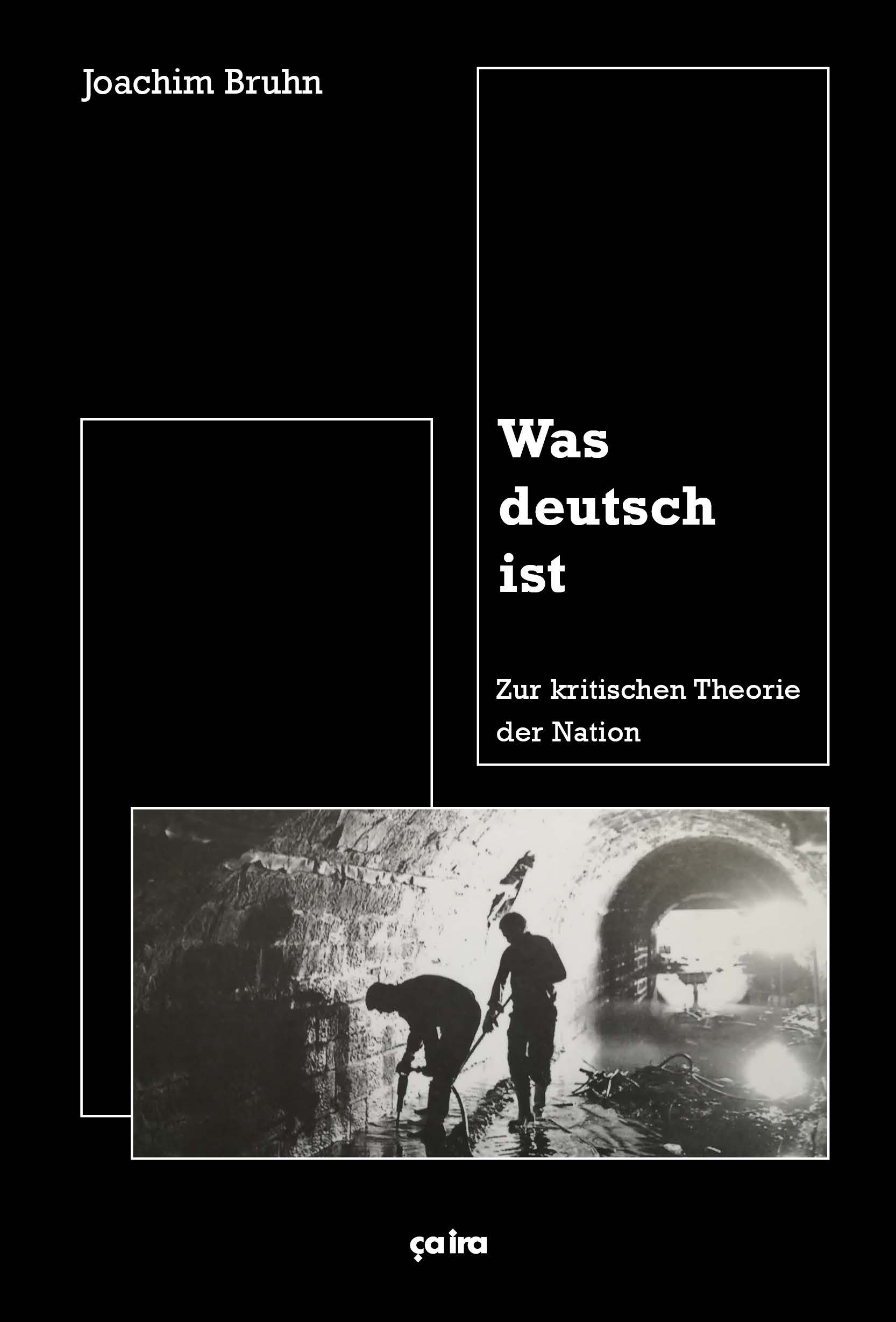
Domination, Expansion, Annihilation
Ciritical theory of the Nation
First edition: 1994
Second, expanded edition: 2019
ISBN 978-3-86259-141-1
Reading sample: Non-Human and Super-Human. On the relationship of racism and antisemitism
Adorno’s bitter remark that a German is a person who cannot tell a lie without actually believing it was a mere drop in the ocean of common sense. What was meant as criticism and as an intervention has deteriorated into ›Frankfurt School‹. Left-wing intellectuals have theoretically liquidated the idea of a stateless and classless world society – so that they can finally worry about ›national identity‹.
Georg K. Glaser (1910–1995)
Collected Writings
Glaser grew up in Dolgesheim in Rheinhessen, Germany and attended an elementary school in Worms from 1916. His youth was marked by an authoritarian upbringing and physical abuse at the hands of his father. Glaser was considered a rebel and a vagabond at an early age and spent time in reformatories. He sought to join anarchist and communist youth organizations and was associated with the Communist Party of Germany (KPD) and Rote Hilfe, the German affiliate of the International Red Aid. In 1929, he was arrested for breach of the peace; Glaser begins to write in prison. At times, Glaser was a court reporter for the KPD and published in respected newspapers, including the Frankfurter Zeitung; he also worked as a factory worker in various industrial companies. 1932 he published ›Schluckebier‹ in the KPD-affiliated Agis publishing house.
After the National Socialist seizure of power in 1933, Glaser fleed to Saarland and was active in the anti-fascist resistance, He was arrested in 1935 before being able to escape to France. Glaser lived there in Normandy until 1939 and was employed by the French state railroads. As he had since become a French citizen through marriage after being expatriated from Germany, he was called up for military service in the French army in 1939. Glaser was taken prisoner of war by the Germans under false name ›Martin‹ in 1940. In 1943, he managed to escape from the prison camp near Görlitz; however, he was captured near Strasbourg and interned again in various German camps.
In May 1945, after the end of the Second World War, Glaser returned to Paris. He worked on the assembly line in the Renault factories, became involved in the Franco-German workers’ movement organized by catholic priests and finished the manuscript of ›Geheimnis und Gewalt‹. In 1949, he founded a workshop for copper and silversmith work in the St. Germain-des-Prés. From 1968, he lived with his family in the Marais district. 1968 he published ›Die Geschichte des Weh‹ and 1985 he finished ›Jenseits der Grenzen‹, the second part of ›Geheimnis und Gewalt‹.
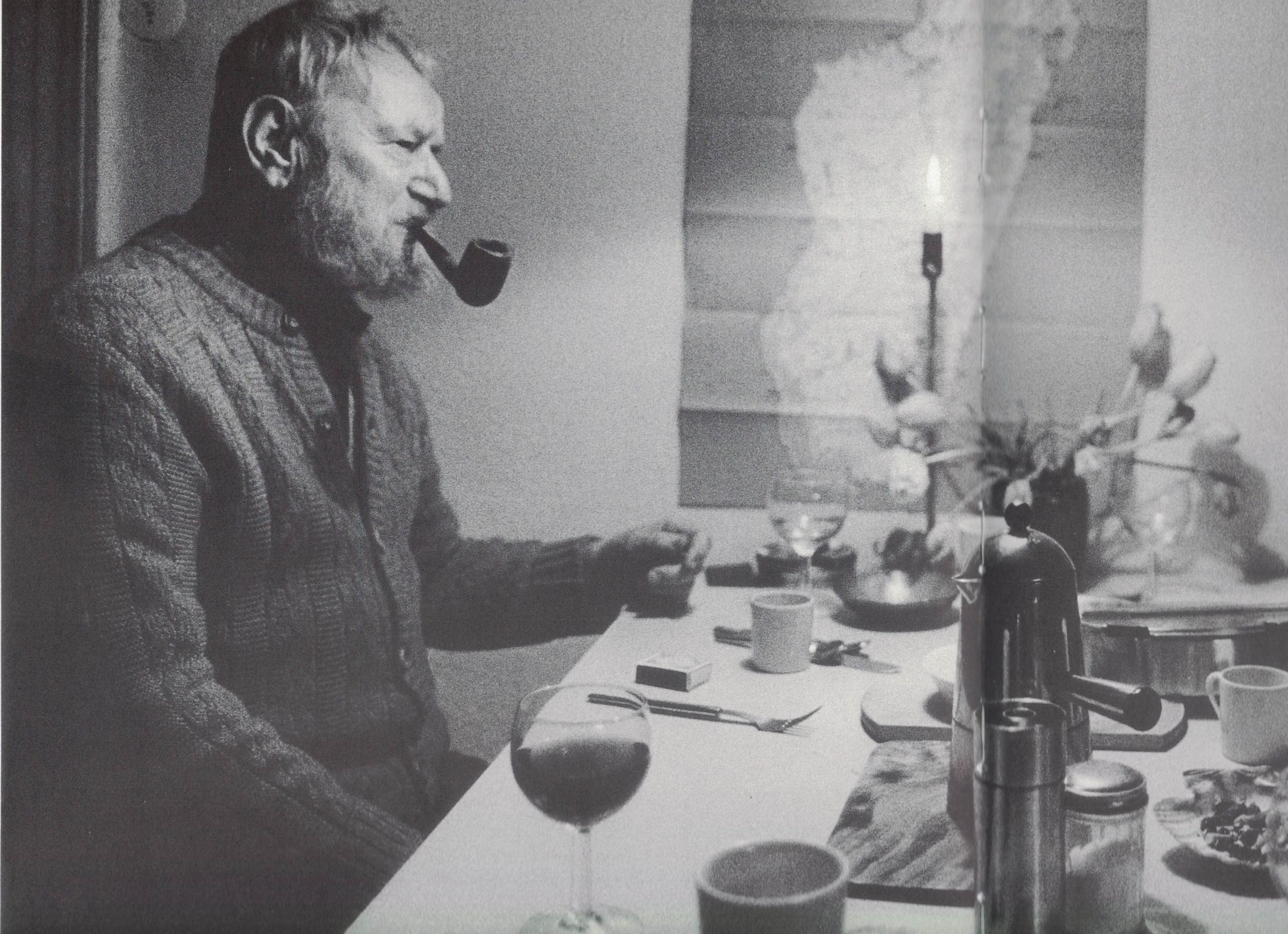
Voices
»Georg Glaser was a deeply sensitive person who refutes the prejudice cultivated in bourgeois and left-wing circles that militants have no depth. On the contrary, through the interplay of his experiences and insights, he reveals to us the whole of the human being. He does not gloss over the reality of life for the working class, he does not romanticize. And he goes forward, questioning himself and his environment.« / Martin Veith, syndikalismus.org

Schluckebier
Stories from the years 1931 to 1936
Collected Writings 1
Edited by Michael Rohrwasser
2022, ISBN 978-3-86259-183-1
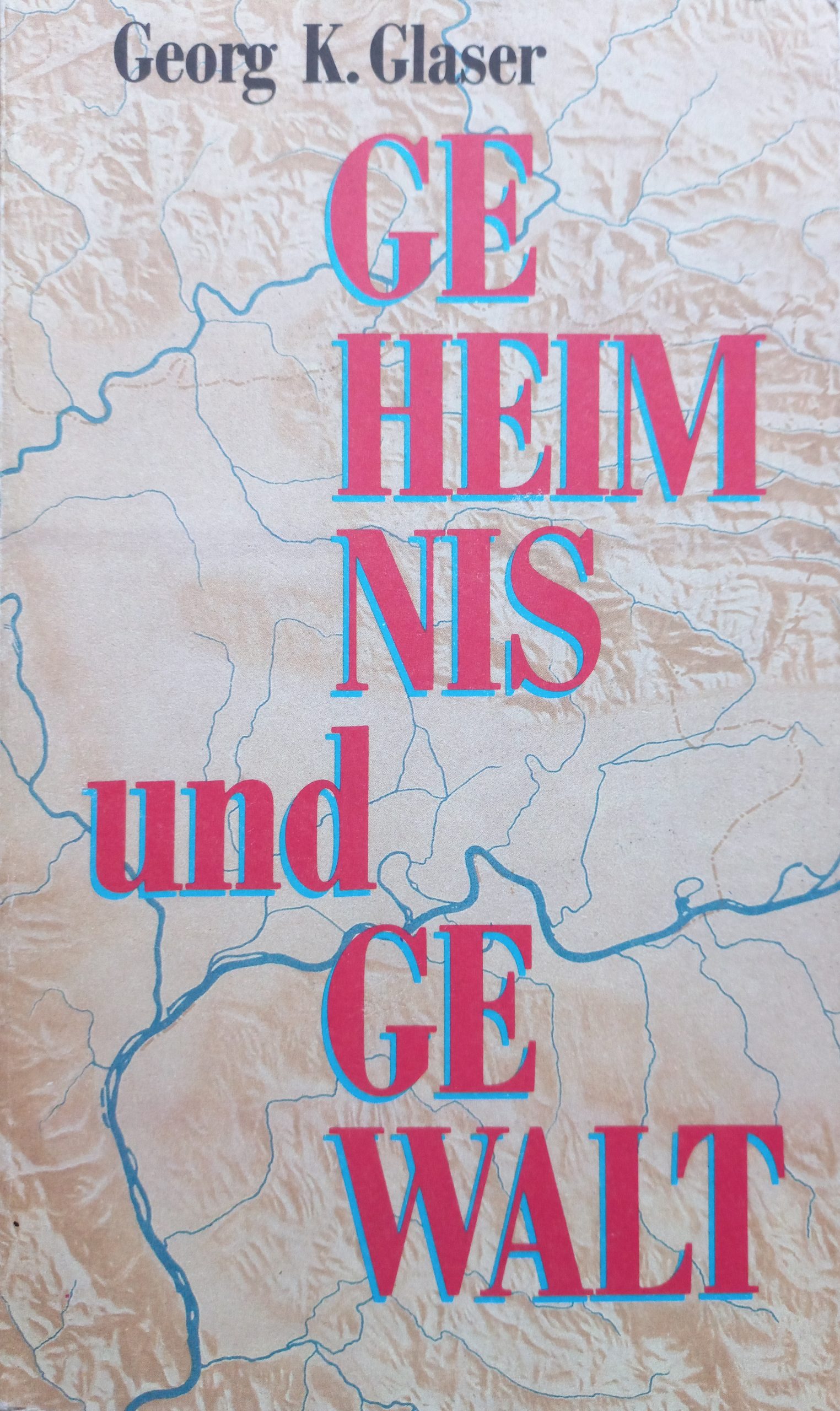
Secret and Violence
Chronicle of a life's journey
Collected Writings 2
Edited by Michael Rohrwasser
2022, ISBN 978-3-86259-182-4
This volume, edited by Michael Rohrwasser, contains Glaser’s texts from the years 1931–1936, including the novel Schluckebier as well as stories and sketches that function as prefaces or companion texts to Schluckebier and four stories from the period of exile. In a detailed afterword, the editor outlines the history of Schluckebier’s life and work.
The volume is edited by Michael Rohrwasser and contains an editorial report and an afterword by the editor.
Glaser’s irreconcilable report represents the attempt of a renegade to hold on to the power of language to communicate beyond political seduction and thus bears witness to the limits of appropriation by the collectives of the 1920s and 1930s and the resulting self-abandonment as well as to the loneliness of reason.
The volume is edited by Michael Rohrwasser and contains an editorial report and an afterword by the editor.
In 1968, fifteen years after the publication of his impressive report ›Geheimnis und Gewalt‹ (›Secret and Violence‹), the Parisian writer and silversmith Georg K. Glaser published a short story. Its protagonist, Weh, is Eugen Weidmann, born in Frankfurt am Main in 1908, who was executed by guillotine in Versailles on June 17, 1939.
The volume contains an afterword by Ralph Schock and is supplemented by a letter from Glaser to Max Horkheimer on the Mainzer case as well as other documents.
Klaus Heinrich (1927–2020)
Complete Works
Klaus Heinrich was born in Berlin in 1927, he was drafted into the German air force at the age of 15. In 1943, he survived a trial for draft evasion and defeatism. From the winter semester of 1945/46, he studied law and philosophy, psychology and theology, history of art and literature at the Friedrich Wilhelm Universität Unter den Linden in East Berlin (Humboldt Universität from 1948 on), which was under Soviet military administration. He was denounced there after giving an impromptu lecture in defense of Jean-Paul Sartre against Stalinist criticism, which prompted him to help found the Freie Universität Berlin in the western part of the city in 1948. His doctorate in philosophy in 1952 was followed by a labyrinthine and obstacle-filled path to his habilitation in 1964 with ›Versuch über die Schwierigkeit Nein zu sagen‹. In 1968, Klaus Heinrich became Director of the Institute of Religious Studies, and in 1971 full Professor of Religious Studies based on the philosophy of religion. He endeavored to continue the work of Sigmund Freud, Theodor W. Adorno and the critical philosophy of the Enlightenment on a religious-philosophical basis. After his retirement in 1995, he became an honorary member of the German Psychoanalytical Association (DPV) in 1998. In 2002, he was awarded the Sigmund Freud Prize for scientific prose by the German Academy for Language and Poetry. Klaus Heinrich died in Berlin in 2020 at the age of 93.
More information about Klaus Heinrich can be found here.
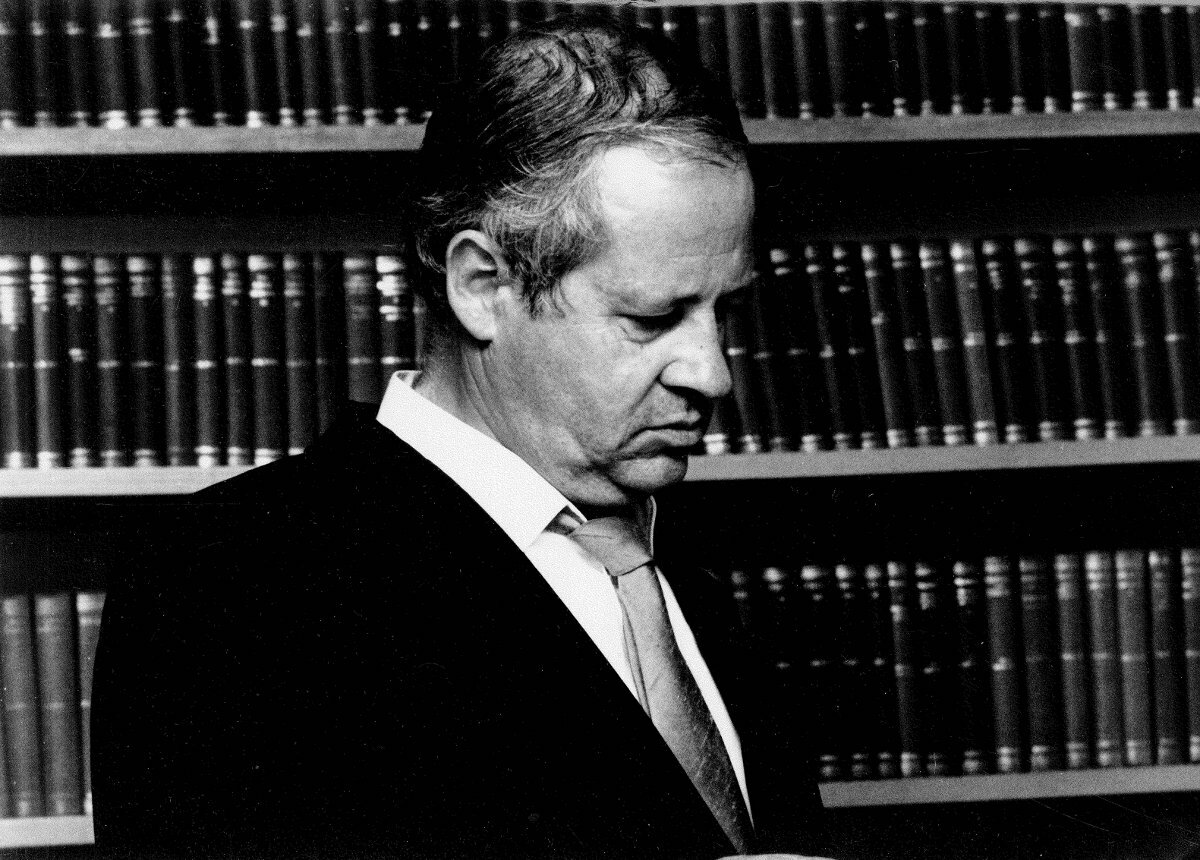
Voices
»Never before has there been so much to read by Klaus Heinrich and more is yet to come. Heinrich’s books are both enjoyable to read and beautiful to look at; carefully edited with elegant typesetting on pleasant paper. This is materialist enlightenment in every sense. There is something for everybody who is a little interested in their own psyche. Klaus Heinrich is alive.« / Iris Dankemeyer, neues deutschland
»Horkheimer and Adorno’s ›Dialectic of Enlightenment‹ must be remembered by anyone who wants to determine the intellectual context from which Klaus Heinrich speaks« / Die Zeit
»In fact, Heinrich always deals with the political and social conflicts in which the recurring repression of Nazi rule dominates. The protagonists of student protests, forms of university organization and subcultural happenings appear alongside the works of representative artists of the time, such as Peter Huchel, Joseph Beuys and Luigi Nono, to whom he dedicates moving obituaries.« / Manfred Bauschulte, Das Ende der neolithischen Revolution

An attempt at overcoming the difficulty to say no
2021, ISBN 978-3-86259-161-9
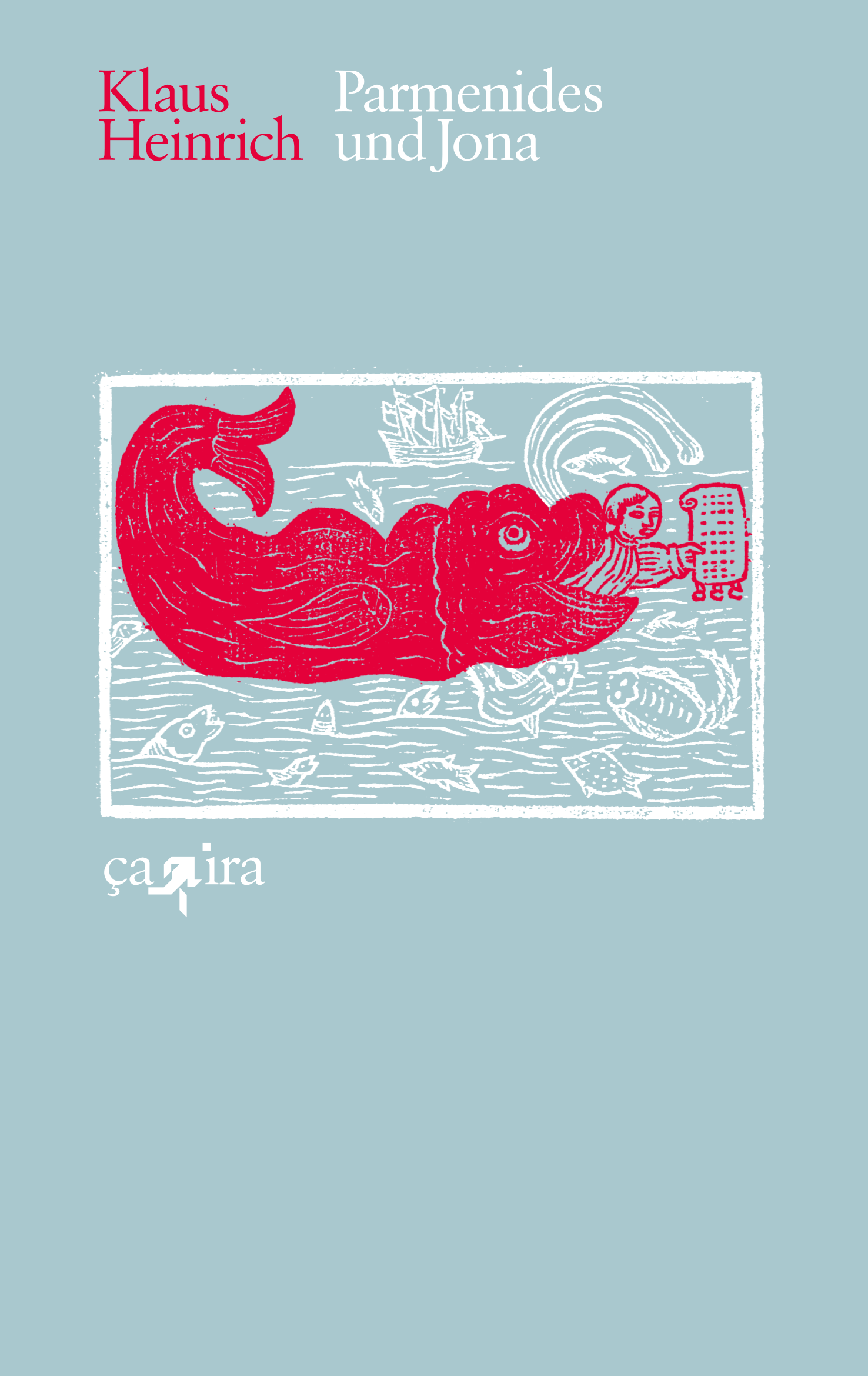
Parmenides and Jonah
Studies on the relationship between philosophy and mythology
2021, ISBN 978-3-86259-160-2
Saying no is the formula of protest. In a world that is cause for protest, it is necessary to review this formula. The Essay is an examination of the philosophy of the Enlightenment, Freudian psychoanalysis, fascism and the protest movement of 1968.
A translation authorized by the author is available: French (no publisher yet)
A book not of re-mythicization, but of myth criticism, albeit a criticism that takes myth seriously. The book discusses a systematic and rational conception of the functioning of myth. It illustrates the connection between myth, rationality and repression.
Rights sold to: Japanese (法政大学出版局)
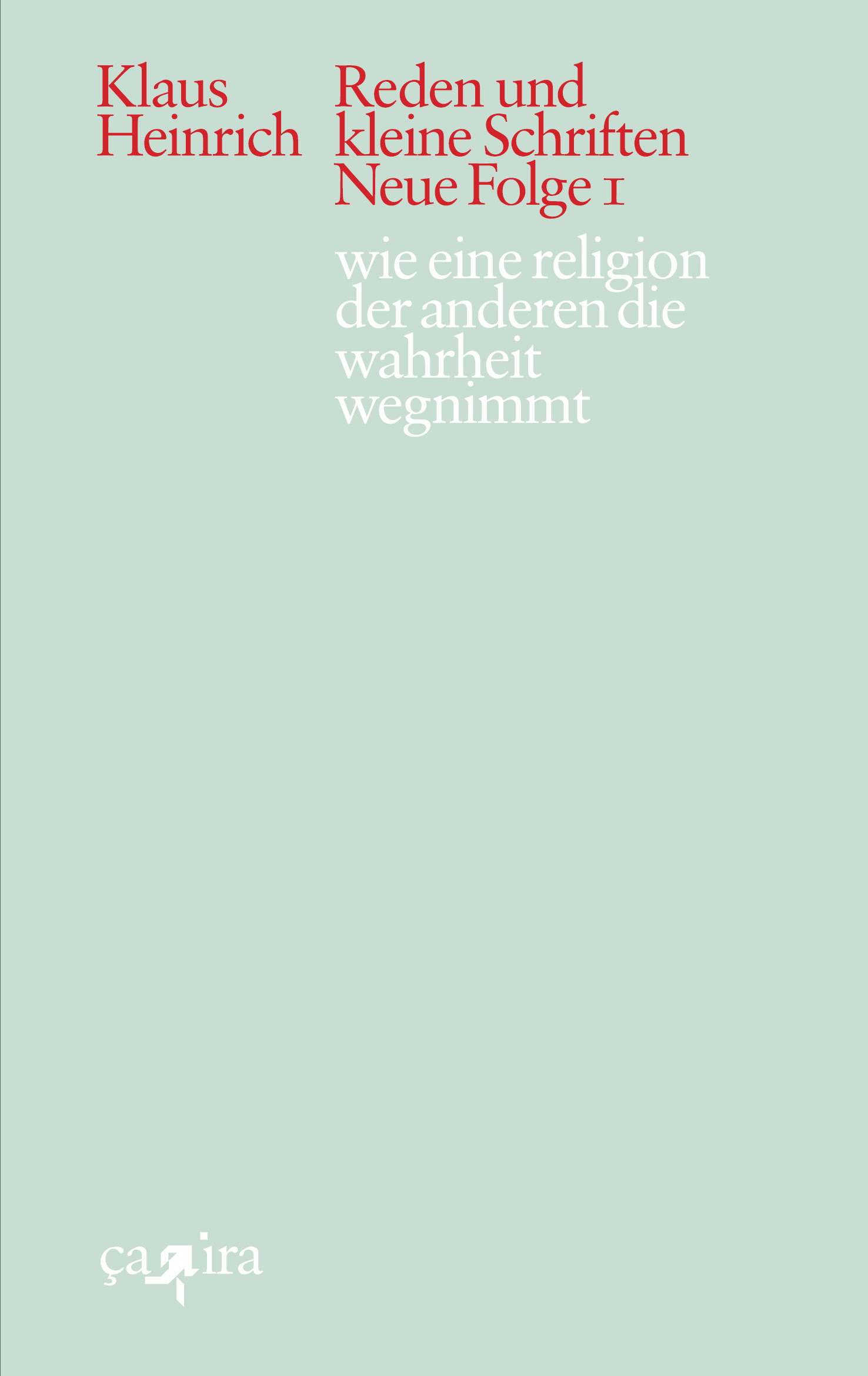
How one religion takes the truth away from another
Speeches and other small writings 1 – New edition 1
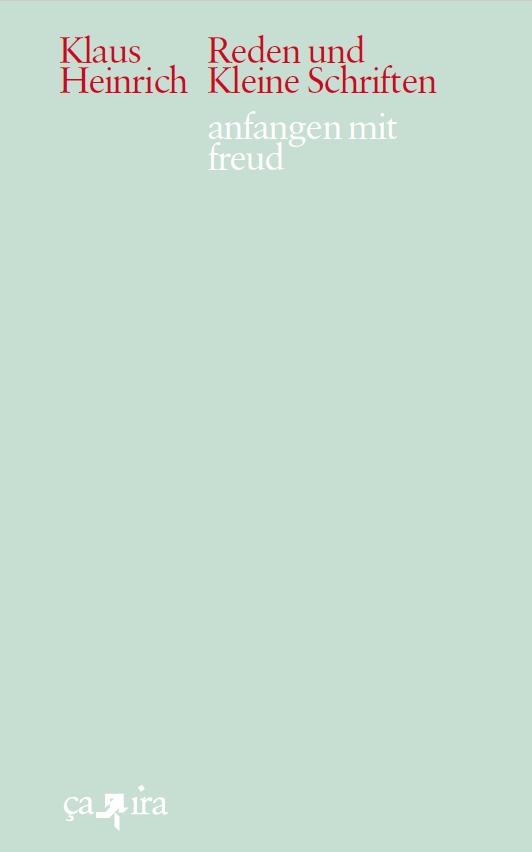
To begin with freud
Speeches and other small writings 1
2020, ISBN 978-3-86259-162-6
In the first Volume of the New Edition of Klaus Heinrich's Speeches and small wiritings he examines the source of Christian anti-Semitism in the Gospel of John, the fascination that still emanates today from Far Eastern meditation and asceticism, and the fact that brutality is already inherent in the talk of cordiality. The three studies reflect in different ways on National Socialism and its survival in democracy after 1945.
Klaus Heinrich's appeal that the exclusion of psychoanalysis in 1945 should not be followed by a second one is at the centre of the volume. For the humanities in Germany – unlike in France – psychoanalysis has not become a source of reflection. The most noble goal of philosophy today is to penetrate the veil of fascination that surrounds the desire of self-destruction. But only a philosophy that takes the human as a being in need and in desire can take seriously the claim to enlightenment that psychoanalytic interpretation makes.
![2020_1_13_Heinrich der gesellschaft ein bewußtsein ihrer selbst zu geben [alt] 2020_1_13_Heinrich der gesellschaft ein bewußtsein ihrer selbst zu geben [alt]](https://usercontent.one/wp/www.ca-ira.net/wp-content/uploads/2020/01/2020_1_13_Heinrich-der-gesellschaft-ein-bewußtsein-ihrer-selbst-zu-geben-alt.png?media=1695306546)
Giving society a consciousness of itself
Speeches and other small writings 2
1998, 100 Seiten, ISBN 978-3-86259-163-3
![2020_1_13_Heinrich dämonen beschwören - katastrophen auslachen [alt] 2020_1_13_Heinrich dämonen beschwören - katastrophen auslachen [alt]](https://usercontent.one/wp/www.ca-ira.net/wp-content/uploads/2020/01/2020_1_13_Heinrich-dämonen-beschwören-katastrophen-auslachen-alt.png?media=1695306546)
Summoning demons and laughing at catastrophes
Speeches and other small writings 3
The second volume of Klaus Heinrich's speeches and short writings is mainly concerned with the change in students' relationship to the university. In contrast to the student movement of the 1960s, which declared its love for the university, today there are no longer any university utopias.
The third volume of Klaus Heinrich's speeches and short writings is primarily concerned with music and laughter, two exemplary forms of human self-awareness and self-assertion. The fact that music helps people to deal without fear with the demons that lurk within them and threaten to tear them apart is an experience that everyone can make for themselves. But we can't do without laughter either. Without it, we would not be any more serious than we already are, but would only have to sink even deeper into infantility.
The three studies presented in the fourth volume have a common theme: the secret death wish in the history of the human species, which our civilisation carries with it like a secret explosive device. The experience of National Socialism and thus of self-destruction is the central theme of Klaus Heinrich's theory of civilisation and a philosophy of religion that enlightens people about their needs.
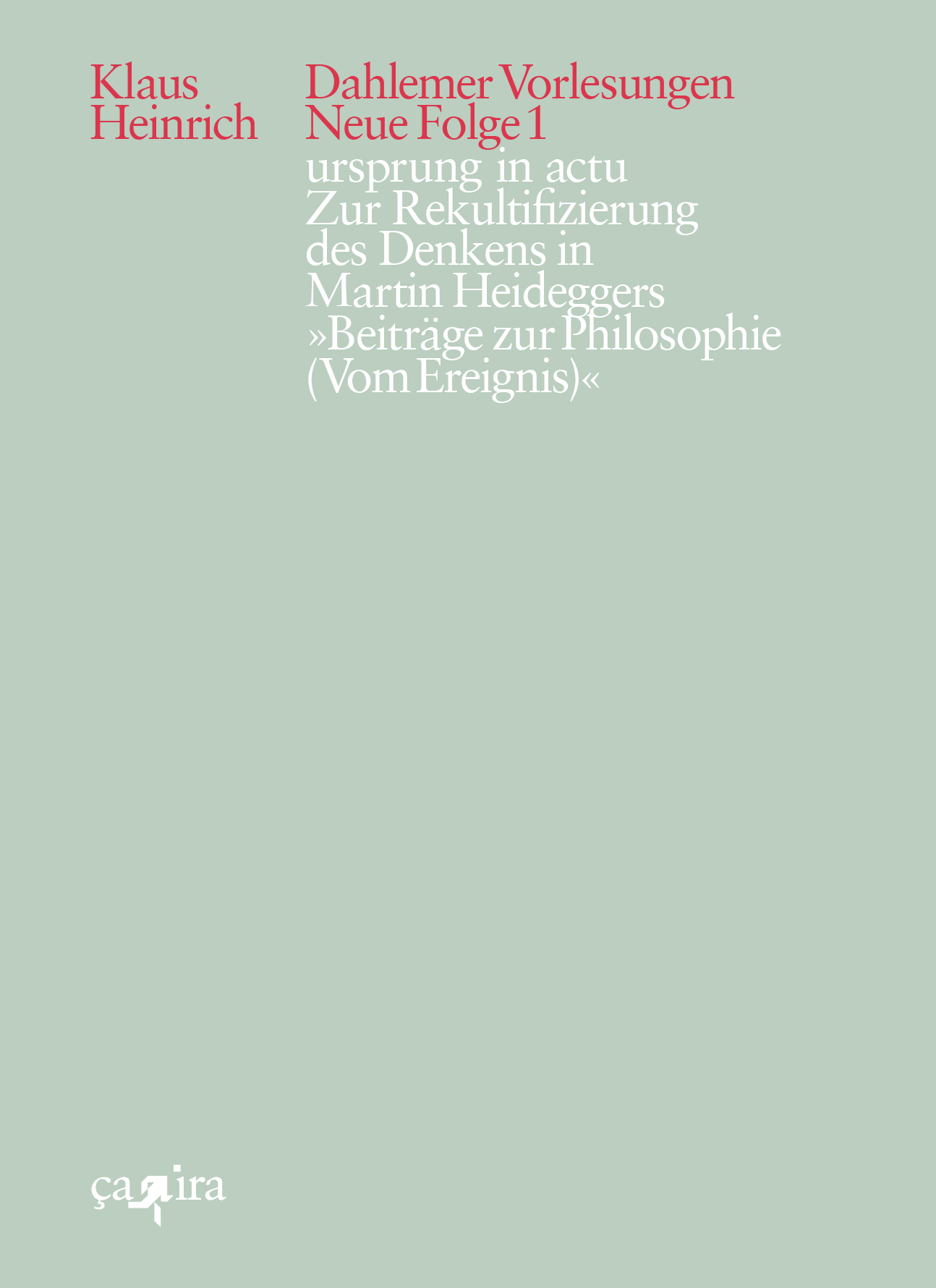
Origin in actu
On the re-mythicization of thinking in Martin Heidegger’s »Contributions to Philosophy (of the Event)«
Dahlem Lectures – New edition 1
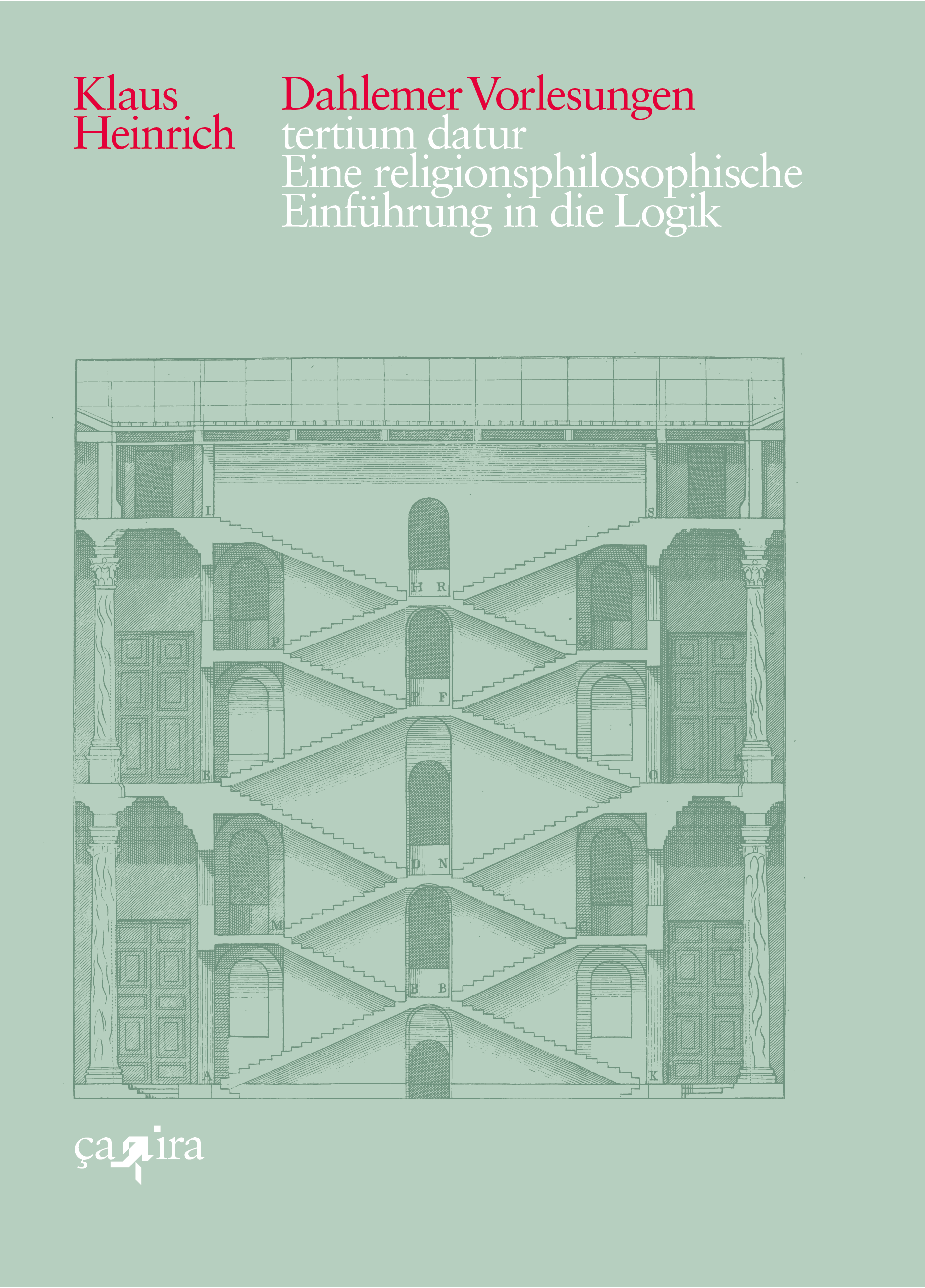
Tertium datur
A religious-philosophical introduction to logic
Dahlem Lectures 1
Klaus Heinrich’s interest in Heidegger goes back to his student days. Like many, he was under the spell of French existentialism in the post-war period and was both fascinated and shocked by Heidegger. Even his essay ›Versuch über die Schwierigkeit nein zu sagen‹ (›An attempt at overcoming the difficulty to say no‹) is not least a critique of Heidegger. The lecture – a critical examination of Heidegger's ›Contributions to Philosophy (of the Event)‹ (1936–1939) which is regarded as a continuation of ›Being and Time‹, if not the main work – is also a vivisection of a postmodern, primarily French-inspired fascination with Heidegger.
The lecture focuses on a seemingly marginal topic: the history of philosophy and logic from antiquity to modernity. Klaus Heinrich interprets the history of philosophy and logic psychoanalytically as a history of repression. In this way, the study of logic becomes an eminently political topic.
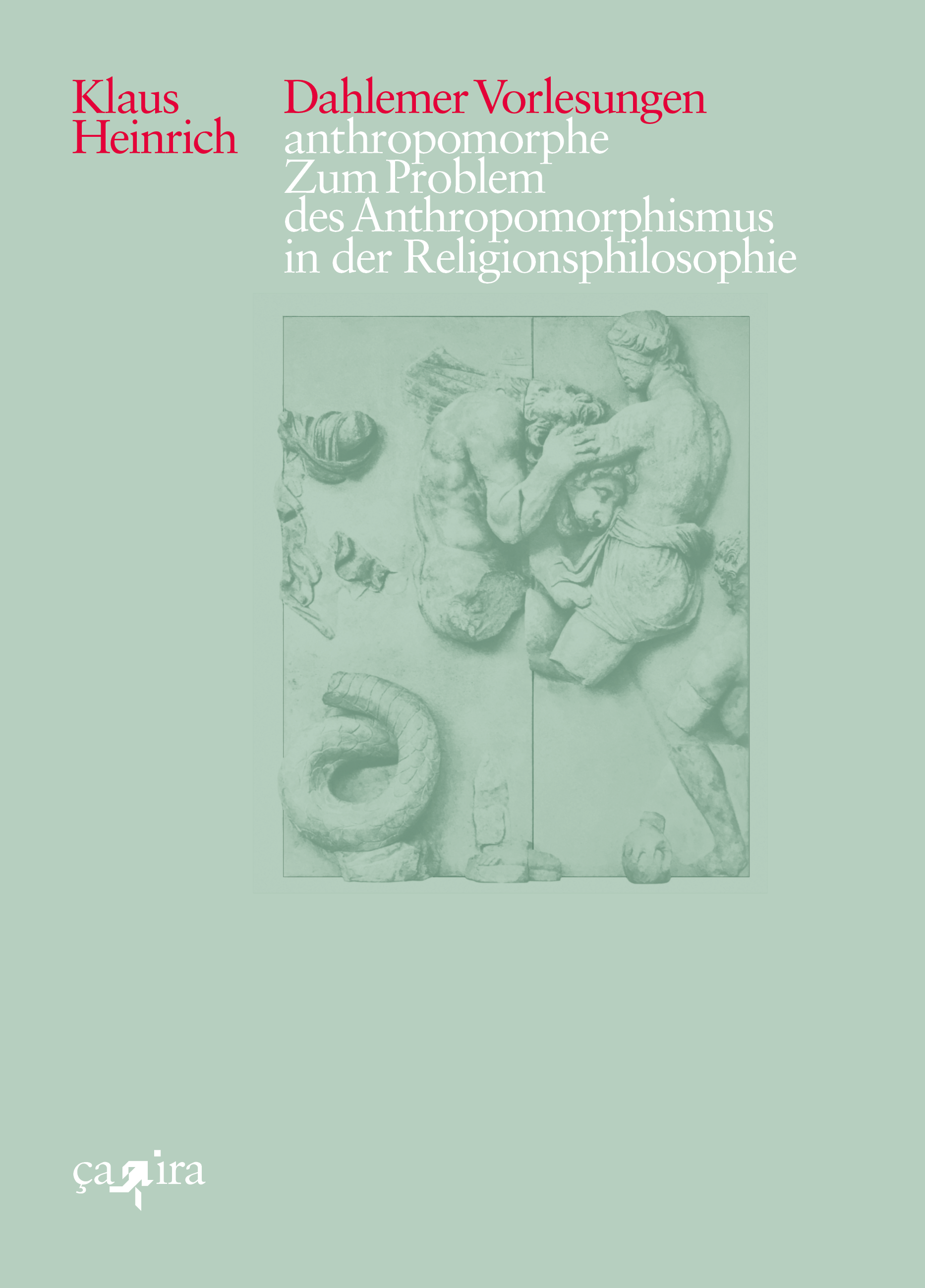
Anthropomorphé
On the problem of anthropomorphism in the philosophy of religion
Dahlem Lectures 2

Working with Oedipus
The concept of repression
Dahlem Lectures 3
The lecture focuses on the appeal of a topic that was considered as exotic as it was outdated at the time: that of mythological figures, ans shows that this topic is also a political one. Philosophy accompanies and forms our occidental tradition. Its confrontation with anthropomorphism – the human-shaped manifestation of the gods – replaces the mythological system-subject with another, more effective ›human form‹ (anthropo-morphé), that of the transcendental subject. By following this process, Klaus Heinrich develops a history of the genesis of philosophy.
The lecture focuses on the Freudian concept of repression. For Klaus Heinrich, working with Oedipus means working with repression. But working with Oedipus also means incorporating repression into one's own work. Repression is inherent in theoretical concepts themselves. Heinrich therefore asks: How can we have a non-repressive concept of repression?
![2020_1_13_Heinrich Vorlesungen_vombuendnisdenken [alt] 2020_1_13_Heinrich Vorlesungen_vombuendnisdenken [alt]](https://usercontent.one/wp/www.ca-ira.net/wp-content/uploads/2020/01/2020_1_13_Heinrich-Vorlesungen_vombuendnisdenken-alt.png?media=1695306546)
Thinking about the covenant
On philosophy of religion
Dahlem Lectures 4
Edited by Hans-Albrecht Kücken
2000, 288 Seiten, ISBN 978-3-86259-155-8
![2020_1_13_Heinrich Vorlesungen_psychoanalyse [alt] 2020_1_13_Heinrich Vorlesungen_psychoanalyse [alt]](https://usercontent.one/wp/www.ca-ira.net/wp-content/uploads/2020/01/2020_1_13_Heinrich-Vorlesungen_psychoanalyse-alt.png?media=1695306546)
The psychoanalysis of Sigmund Freud
And the problem of the social universal
Dahlem Lectures 7
Edited by Hans-Albrecht Kücken
2001, 400 Seiten, ISBN 978-3-86259-156-5
My listeners had asked me to give a lecture on the criticism of religion. I replied to them: This criticism cannot be separated from the moment of reflection in the religions themselves, the reflection in them and towards them is one - I chose the name philosophy of religion for this context, which has always accompanied the process of humanity's self-understanding and still reflects it today. The philosophy of religion brings up the collectively and individually repressed aspects of philosophical doctrines of salvation, and it can only do so by taking the ›Fear not‹ of historical religions seriously and translating it into a recognising confrontation with fundamental fears that are still effective today. Criticism of religion that does not face up to this dimension would fall behind reflection in the religions themselves.
With the concept of the social universal, I sought to hold on to the material reflection in Freud's psychoanalysis as well as that in Marx's critique of political economy. I was appealing - and this appeal is more relevant today than ever - not to abandon the claim to reflection that is common to both. The tertium of reflection here and there is the logic of sacrifice, it is as old as humanity itself - learning this from Sigmund Freud's psychoanalysis enables us to criticise the premature instrumentalisation of Marx's theory (as if the logic of sacrifice had been suspended with the elimination of capitalism) and the painting of utopias that can be derived from it (as if a new victim-free origin could be located in the future). How the sacrificial society can be transformed into a sacrifice-free alliance must be understood as the fundamental emancipatory question of religious studies.
![2020_1_13_Heinrich Vorlesungen_AufklaerungindenReligionen [alt] 2020_1_13_Heinrich Vorlesungen_AufklaerungindenReligionen [alt]](https://usercontent.one/wp/www.ca-ira.net/wp-content/uploads/2020/01/2020_1_13_Heinrich-Vorlesungen_AufklaerungindenReligionen-alt.png?media=1695306546)
Social mediated nature
The concept of enlightenment in religions and religious studies
Dahlem Lectures 8
Edited by Hans-Albrecht Kücken
2007, 344 Seiten, ISBN 978-3-86259-157-2
![2020_1_13_Heinrich Vorlesungen_arbeitenmitherakles [alt] 2020_1_13_Heinrich Vorlesungen_arbeitenmitherakles [alt]](https://usercontent.one/wp/www.ca-ira.net/wp-content/uploads/2020/01/2020_1_13_Heinrich-Vorlesungen_arbeitenmitherakles-alt.png?media=1695306546)
On Heracles
On the figure and the problem of the hero
Ancient and modern forms of his interpretation and instrumentalisation
Dahlem Lectures 9
Edited by Hans-Albrecht Kücken
2006, 428 Seiten, ISBN 978-3-86259-158-9
Enlightenment is as old as the human species and as threatened as it is. Prometheus, belonging to an older race of gods, had not only brought mankind the sacrificial fire (thus making the sacrifice edible and at the same time taking it away from the gods), but also the spiritual fire of civilisation: all of mankind's inventions came from him, with the exception of the state - this remained the domain of Zeus. The Enlightenment philosopher Prometheus, the mastermind of the human race, was capable of ambiguous speech and revolt; he had seen the end of Zeus‘ reign coming and was forged onto the rock as a vicarious sacrifice - on behalf of all outcasts - his liver sacrificial food for Zeus’ eagle. - That one must ›take the myth away from intellectual fascism and transform it into the human‹: this programmatic consensus between Karl Kerényi and Thomas Mann during the Second World War also guided this lecture.
Why the Heros? Why Heracles in particular? Why work with him? – I had a few uncomfortable goals when I gave this lecture in the winter semester of 1975/76. With the ›heroic struggle‹ of Nazi war reporting still fresh in my mind, I could never see in the Hero only the saviour or liberator, even if he failed in the end. As the bearer of self-destructive horror, which he always was, he still seemed to me to be relevant today and therefore no less in need of enlightenment than in his inseparable role as a saviour, partly earthly and partly transfigured into something otherworldly. With the frenzied Heracles who, returning from the underworld and greeted as a saviour, slaughters his wife and children, who brings down the central pillar of the palace and the order of the polis, and who in the end is towed away as a wreck by his sidekick Theseus, Euripides seemed to me to have drawn a picture of the hero that is still valid today. – I have chosen this Heracles and his more recent reception, which shies away from the Euripidean consequences, as the starting point for the lecture and have retained him as an existential project figure until the end.
Moishe Postone (1942–2018)
Moishe Postone taught sociology at the University of Chicago and published ›Time, Labor and Social Domination: A Reinterpretation of Marx's Critical Theory‹ in 1993 with Cambridge University Press. Between 1972 and 1982, the author lived in Frankfurt am Main and worked at the Institute for Social Research. Moishe Postone became known in Germany through his ›Open Letter‹ to the German Left and his essay ›Antisemitism and National Socialism‹, which first appeared in German translation in the Frankfurt student newspaper ›Diskus‹ in 1979. This essay reflects on the reception of the film ›Holocaust‹ and discusses anti-Semitism in Germany. Most recently, he taught in the Department of History at the University of Chicago. His work focused on modern European intellectual history, critical theory, the history of Germany in the 20th century an antisemitism. Postone was regarded as a prominent representative of a value-critical updating of Marxian theory. Postone's interpretation of Marx was published in 1993 with the title ›Time, Labor and Social Domination‹.
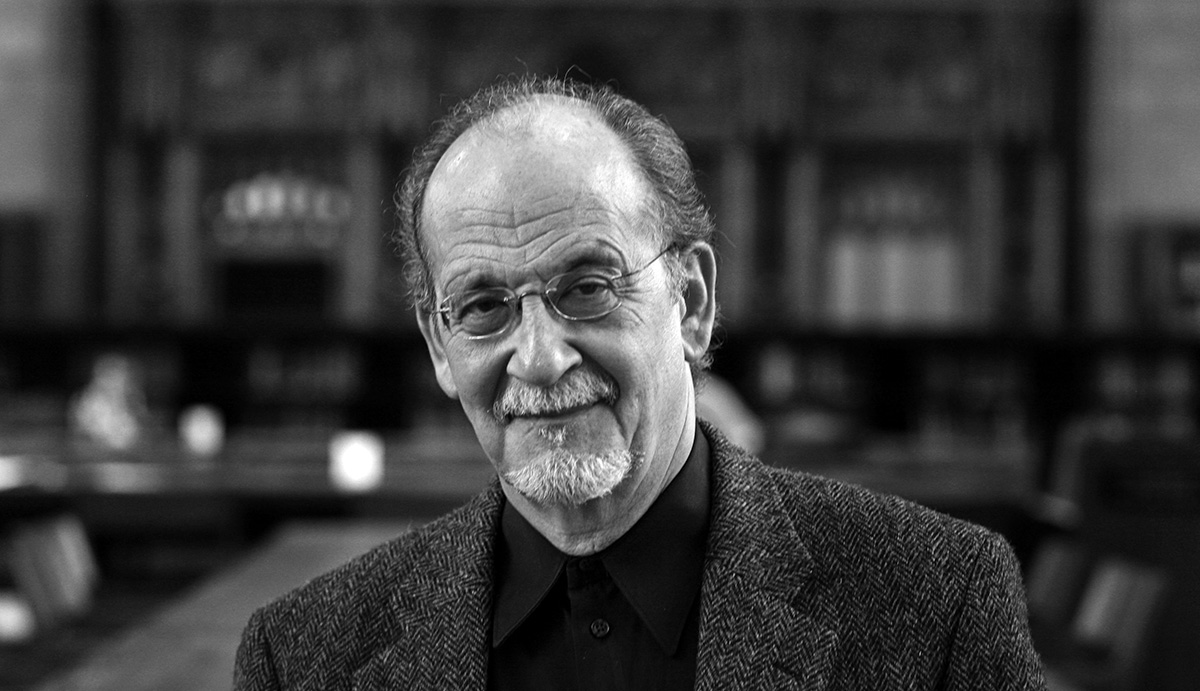
Reflecting on what it means to be on the left in Germany is widely regarded as remote. All the more so as the fight against globalization or Palestine solidarity promise mobilization. Against the rampant zeitgeist, this book brings together Postone's interventions from a quarter of a century. In addition to an expanded version of his essay ›National Socialism and Anti-Semitism‹, it contains several political interventions published in German for the first time, as well as a contribution on Arab anti-Semitism after September 11, 2001.
Friedrich Pollock (1894–1970)
Collected Writings
Friedrich Pollock, son of a Jewish factory owner from Freiburg, is one of the key figures of the so-called Frankfurt School. As head and then deputy director of the Institute for Social Research, he had a lasting influence on the social sciences in Germany and the USA. After experiencing the Munich Soviet Republics at first hand as a recently demobilized soldier and young student, he moved to Frankfurt am Main in 1919 to continue his studies in economics, philosophy and sociology. In 1923, he received his doctorate with a study on Marx’s concept of money and co-founded the Institute for Social Research (IfS) in the same year.
In the 1920s, he worked in cooperation with the Marx-Engels Institute in Moscow on the edition of the first complete edition of Marx’ and Engels’ works and in 1927 took part in the Moscow celebrations for the tenth anniversary of the October Revolution as an official guest. Following this trip to Russia, he completed his habilitation thesis, the first systematic analysis of the Soviet planned economy. Persecuted as a Jew and a leftist, he and his lifelong friend Max Horkheimer emigrated to New York in 1934 and rebuilt the IfS there. In the USA, Pollock produced theoretical and empirical work on National Socialism and anti-Semitism, which had a decisive influence on discussions at the IfS. As an advisor to the US government's Board of Economic Warfare, he also played a very practical role in defeating National Socialism.
In 1949/50, Pollock, Horkheimer and Adorno returned to the Federal Republic as American citizens and made a lasting contribution to the establishment of a democratic and liberal state in Germany. In the volume ›Gruppenexperiment‹, which has become relevant in empirical social research, a team of sociologists led by Pollock investigated political consciousness in the early Federal Republic. A few years later, in 1956, Pollock's last major work ›Automation‹ was published, which was devoted to the economic and social consequences of the introduction of computers into industrial production.
More information about Pollock can be found here.
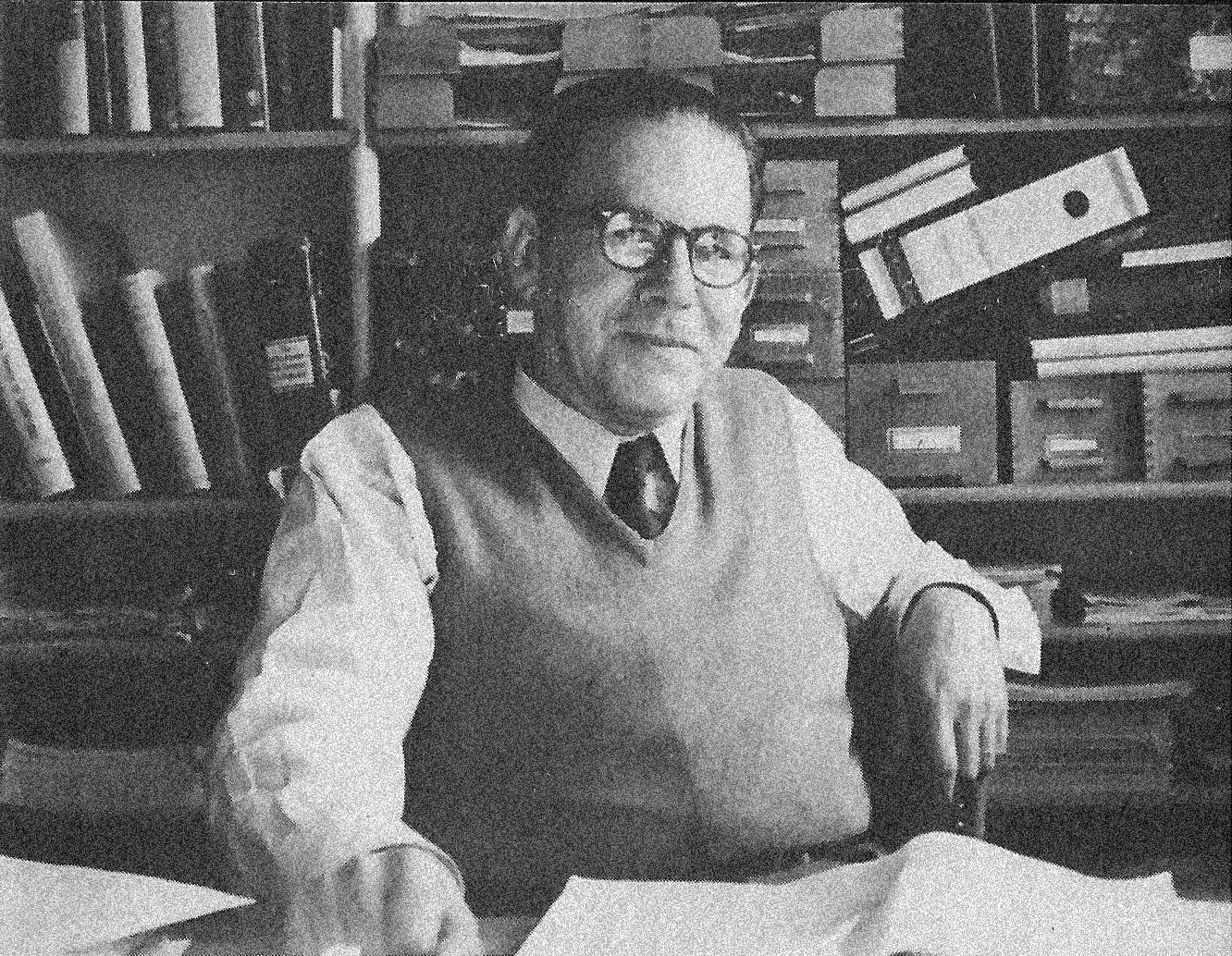
Voices
»Pollock was considered by many to be ›the gray eminence‹ of the Institute for Social Research. Now a [...] spotlight is being shone on him, showing him as an author.«
/ Jörg Später, FAZ
»This edition provides a new, comprehensive source for the study of critical theory, for which the editor Lenhard deserves respect, recognition and, not least, thanks.«
/ Gregor-Sönke Schneider, sehepunkte
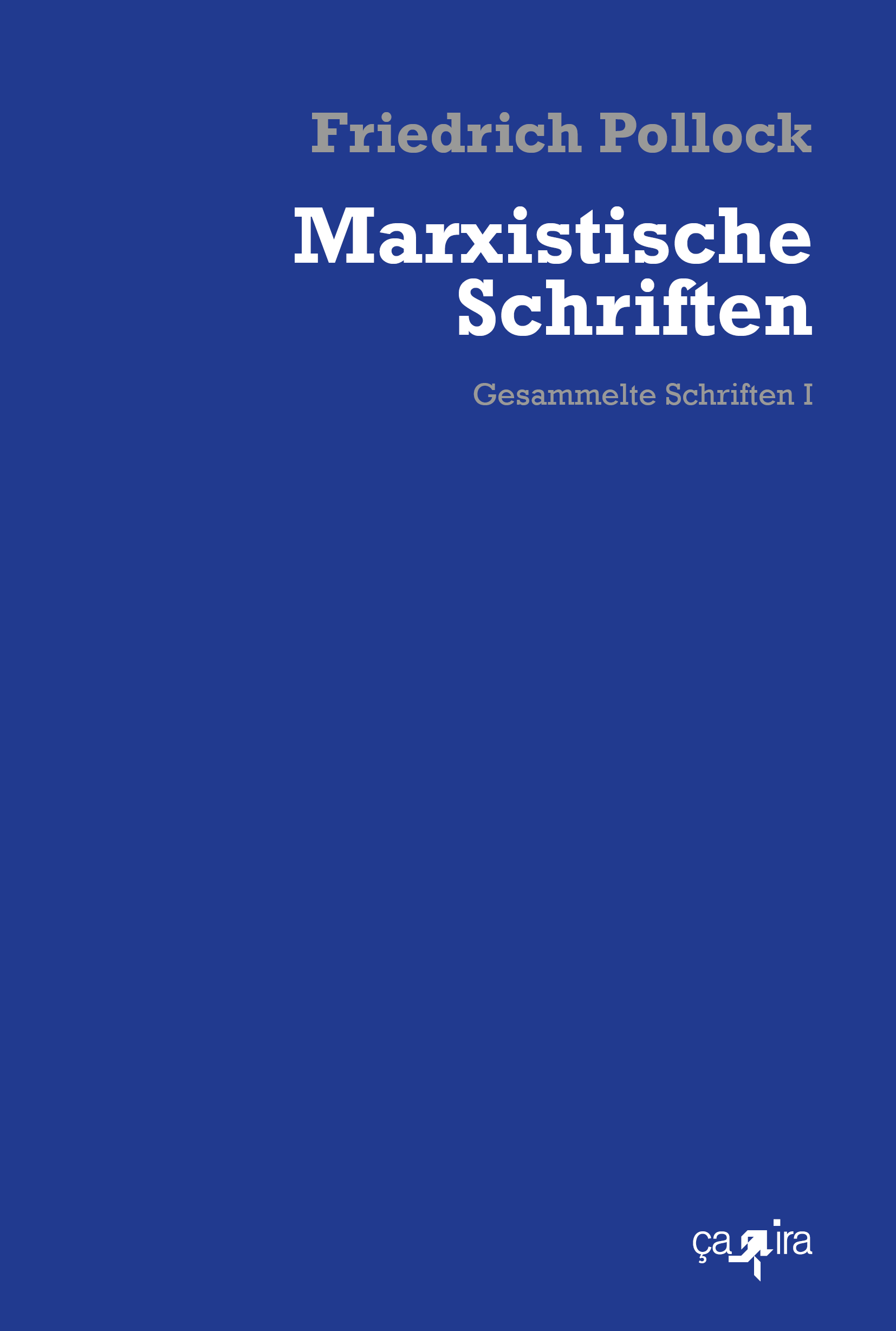
Writings on Marxism
Collected Writings 1
Edited by Philipp Lenhard
2018, ISBN 978-3-86259-132-9
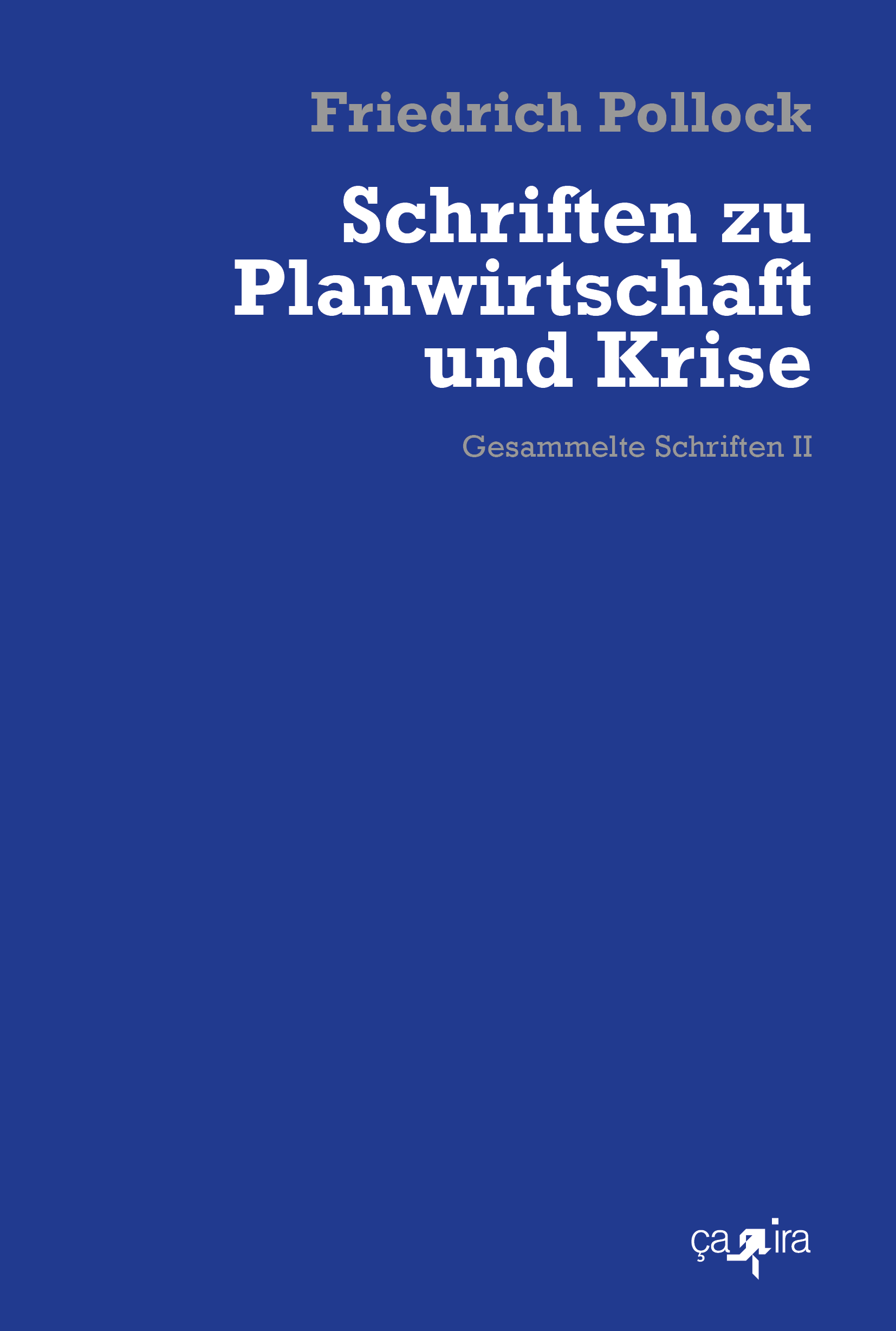
Writings on planned economy and crisis
Collected Writings 2
Edited by Johannes Gleixner
and Philipp Lenhard
2021, ISBN 978-3-86259-133-6
The first volume of Friedrich Pollock’s Collected Writings contains texts from the period of the Weimar Republic that deal with Marx’s critique of political economy, in particular the analysis of the value form and the critique of money. The texts – including Pollock's previously unpublished dissertation from 1923 – show that the co-founder of the Frankfurt Institute for Social Research broke away from traditional working-class Marxism at a very early stage and undertook a new reading of Marx’s writings.
The second volume of Friedrich Pollock's Collected Writings focuses on his habilitation thesis on the Soviet planned economy. Inspired by a research trip to Moscow lasting several weeks to mark the tenth anniversary of the October Revolution, Pollock’s work was the first comprehensive German-language study of the early Soviet economic system. He was particularly concerned with the question of whether a socialist planned economy could be implemented in practice – a topic that would accompany him until the last years of his life.
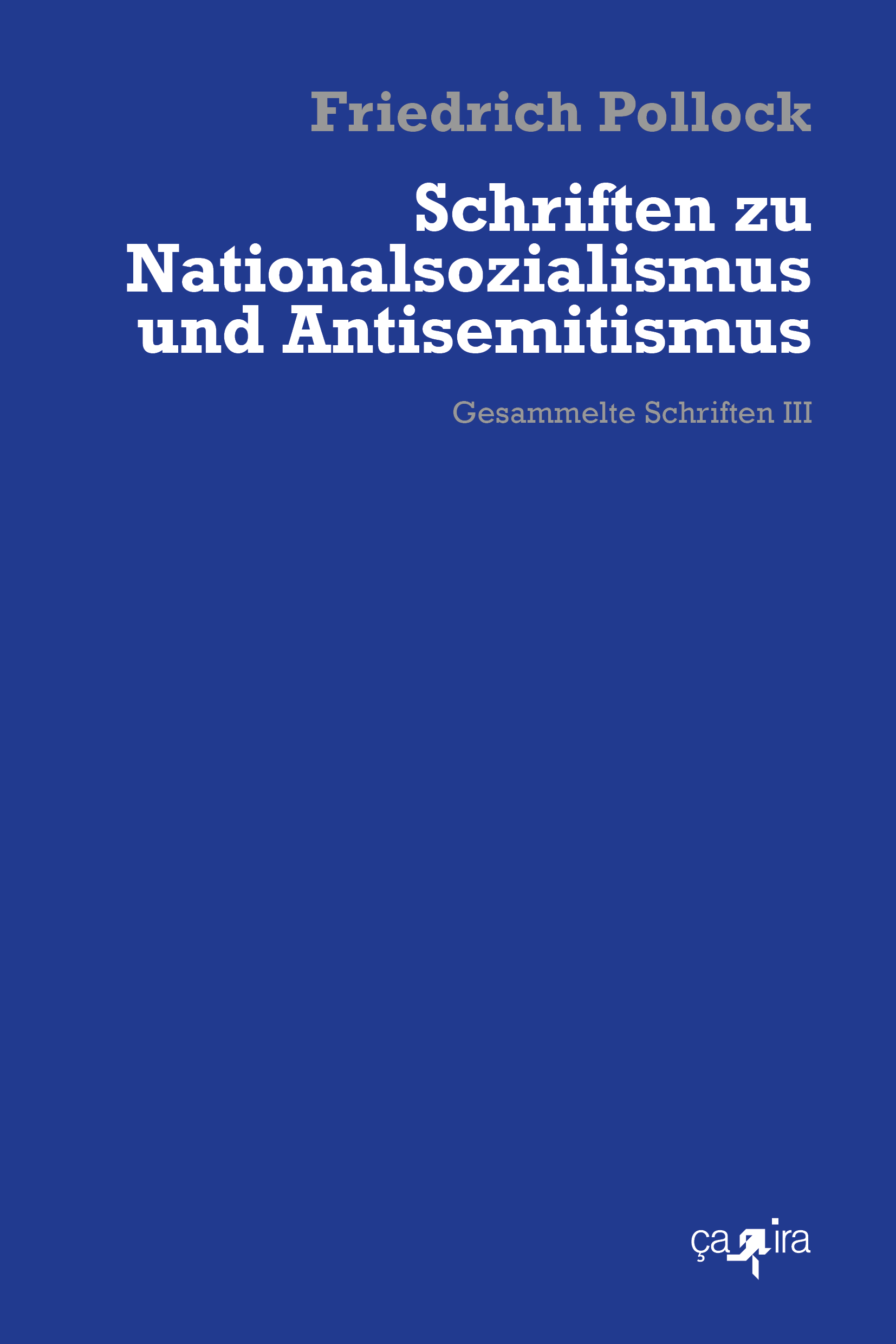
Writings on National Socialism and Anti-Semitism
Collected Writings 3
Edited by Philipp Lenhard
2024, ISBN 978-3-86259-134-3
The third volume of Friedrich Pollock’s Collected Writings contains texts on National Socialism and anti-Semitism as well as reflections on the European post-war order.
Alfred Sohn-Rethel (1899–1990)
Collected Writings, Literature and Biography
Alfred Sohn-Rethel was born on January 4, 1899 in Neuilly-sur-Seine. His father came from a widely ramified, successful Düsseldorf dynasty of artists, his mother from a Jewish merchant family from Braunschweig. His parents’ dream that their son should learn a »proper« profession was not fulfilled: from 1917, he studied economics in Heidelberg with the Austromarxist Emil Lederer and philosophy in Berlin with Ernst Cassirer. In 1936, Sohn-Rethel was forced to go into exile, which initially took him via Lucerne, Paris and London to Birmingham in 1938, where he was able to work as a teacher. In the late 1970s, he returned to Germany and was given the opportunity to publish, research and teach at the University of Bremen. Sohn-Rethel died in Bremen on April 6, 1990.
His preoccupation with Marx and Kant formed the background to his first works and would accompany him throughout his life. Sohn-Rethel, who can be counted among the extended circle of Frankfurt Critical Theory, made an important contribution to materialist epistemology with his main philosophical work ›Geistige und körperliche Arbeit‹ (›Intellectual and Manual Labour‹) (1970). With his dissertation on Josef Schumpeter’s theory of marginal utility ›Von der Analytik des Wirtschaftens zur Theorie der Volkswirtschaft‹ (›On the analysis of economic activity and the theory of economics‹) (1936) and his book ›Ökonomie und Klassenstruktur des deutschen Faschismus‹ (›On the economy and class structure of German fascism‹) (1973), he provided precise analyses of the German economy during the Weimar Republic and National Socialism.
More information about Sohn-Rethel can be found here.
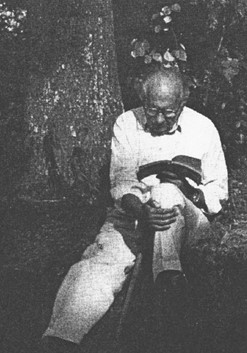
Voices
»The new collection of writings by Alfred Sohn-Rethel, the first in two decades, can be considered highly commendable. It helps to erase the blind spots that still exist in the chronicle of the Frankfurt Institute for Social Research.« / Stefan Dornuf, Süddeutsche Zeitung
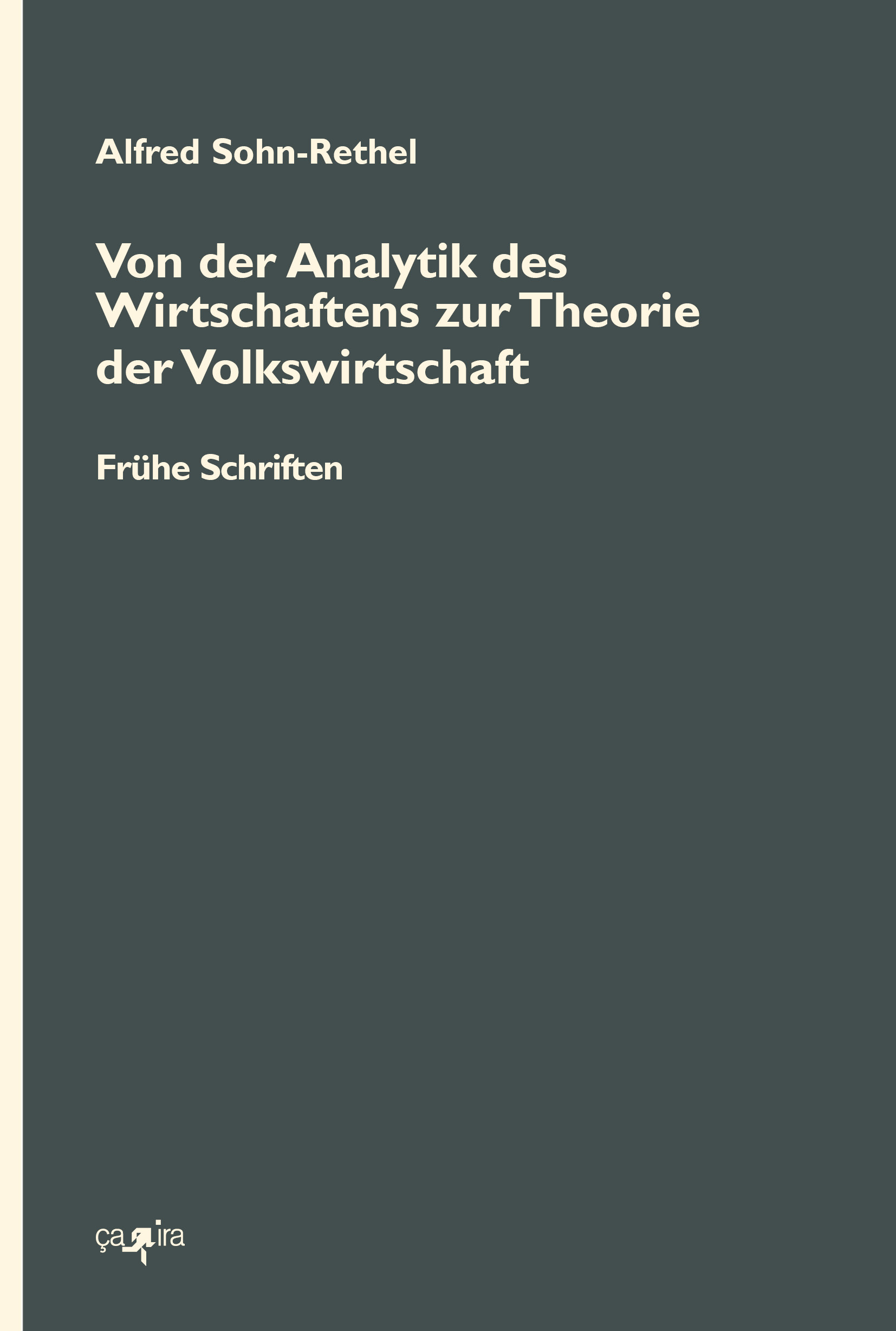
On the analysis of economic activity and the theory of economics
Early writings
Works I
Edited by Carl Freytag and Oliver Schlaudt
2012, ISBN 978-3-86259-109-1
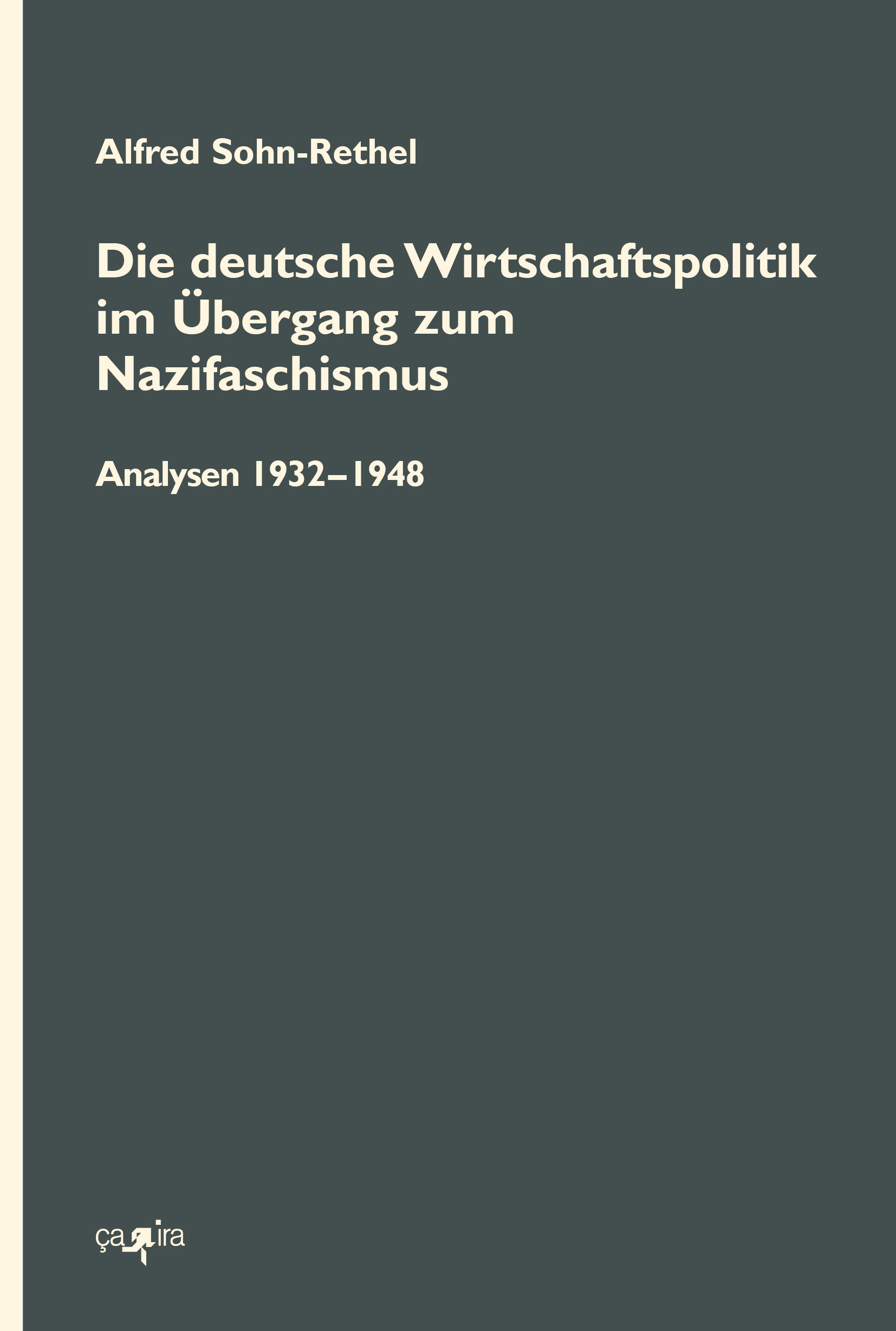
German economic policy in the transition to National Socialism
Analyses 1932–1948
Works II
Edited by Carl Freytag and Oliver Schlaudt
2015, ISBN 978-3-86259-120-6
This volume brings together Alfred Sohn-Rethel’s early theoretical writings. The focus is on the Heidelberg dissertation from 1928, supplemented by previously unpublished documents that trace its development in the context of his work during the 1920s in Positano, Heidelberg and Davos.
This volume contains the analyses written from 1932 to 1948, which were mainly published in the »Deutscher Volkswirt« and the »Deutsche Führerbriefe«. They are supplemented by the texts with which Sohn-Rethel established contact with the English politician and journalist Wickham Steed after 1937.
Rights sold to: French (Éditions la Tempête, for ›Industrie und Nationalsozialismus‹)
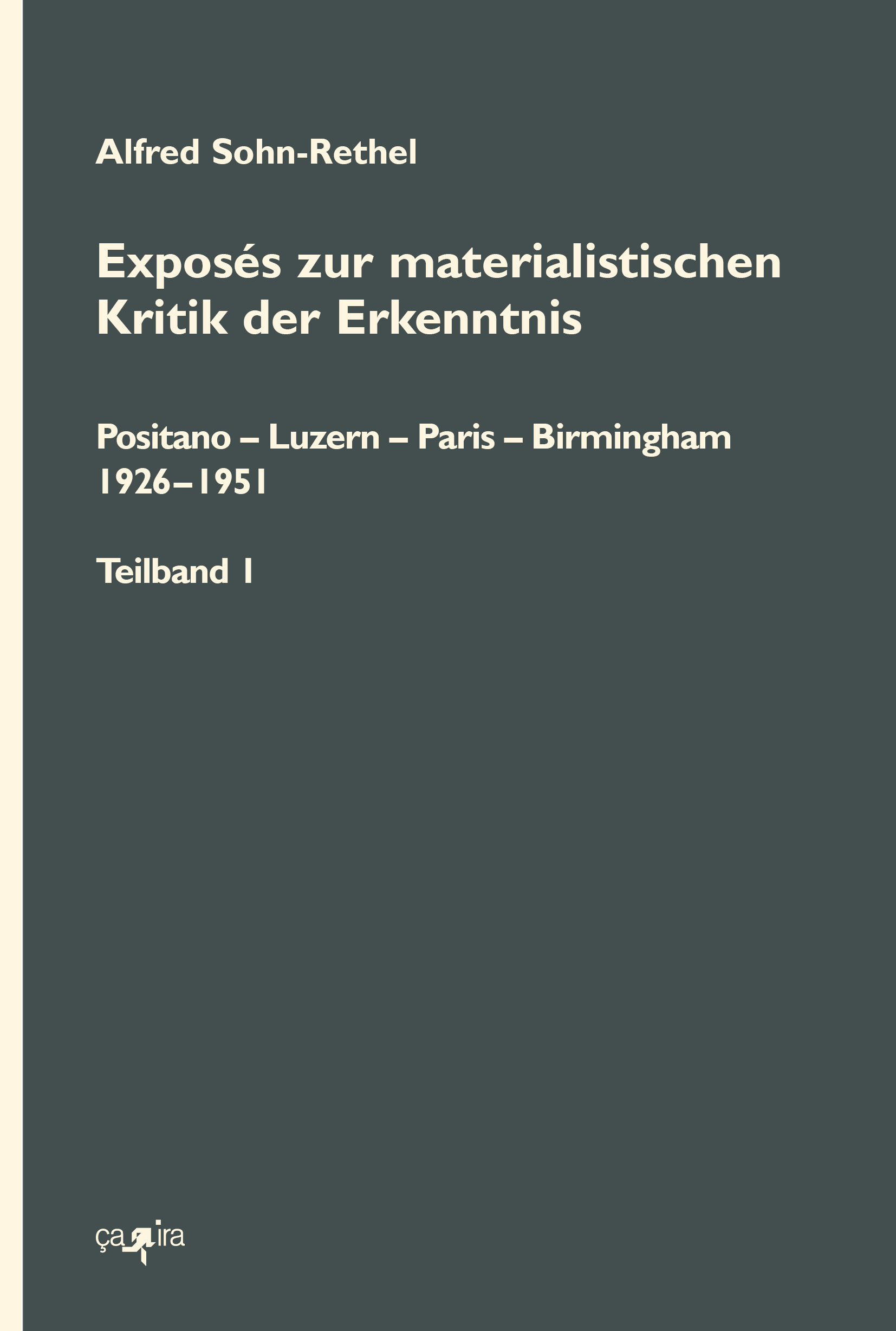
Exposés on materialist epistemology
Positano – Luzern – Paris – Birmingham. 1926–1951
Works III
Edited by Daniel Burnfin, Carl Freytag, Agnès Grivaux und Oliver Schlaudt
September 2024,
ISBN 978-3-86259-131-2

Intellectual an Manual Labour
Theoretical writings 1947–1990
Works IV
Edited by Carl Freytag, Oliver Schlaudt und Françoise Willmann
2018, ISBN 978-3-86259-121-3
This volume contains Sohn-Rethel's earliest elaborations on a materialist epistemology, the problem of which was to remain the central topic of his intellectual work throughout his life.
This volume contains Sohn-Rethel’s main work ›Intellectual and Manual Labour‹, published in 1970, and the articles and drafts from the post-war period that can be attributed to it.
Rights sold to: Portuguese (Boitempo), French (Éditions du Croquant)
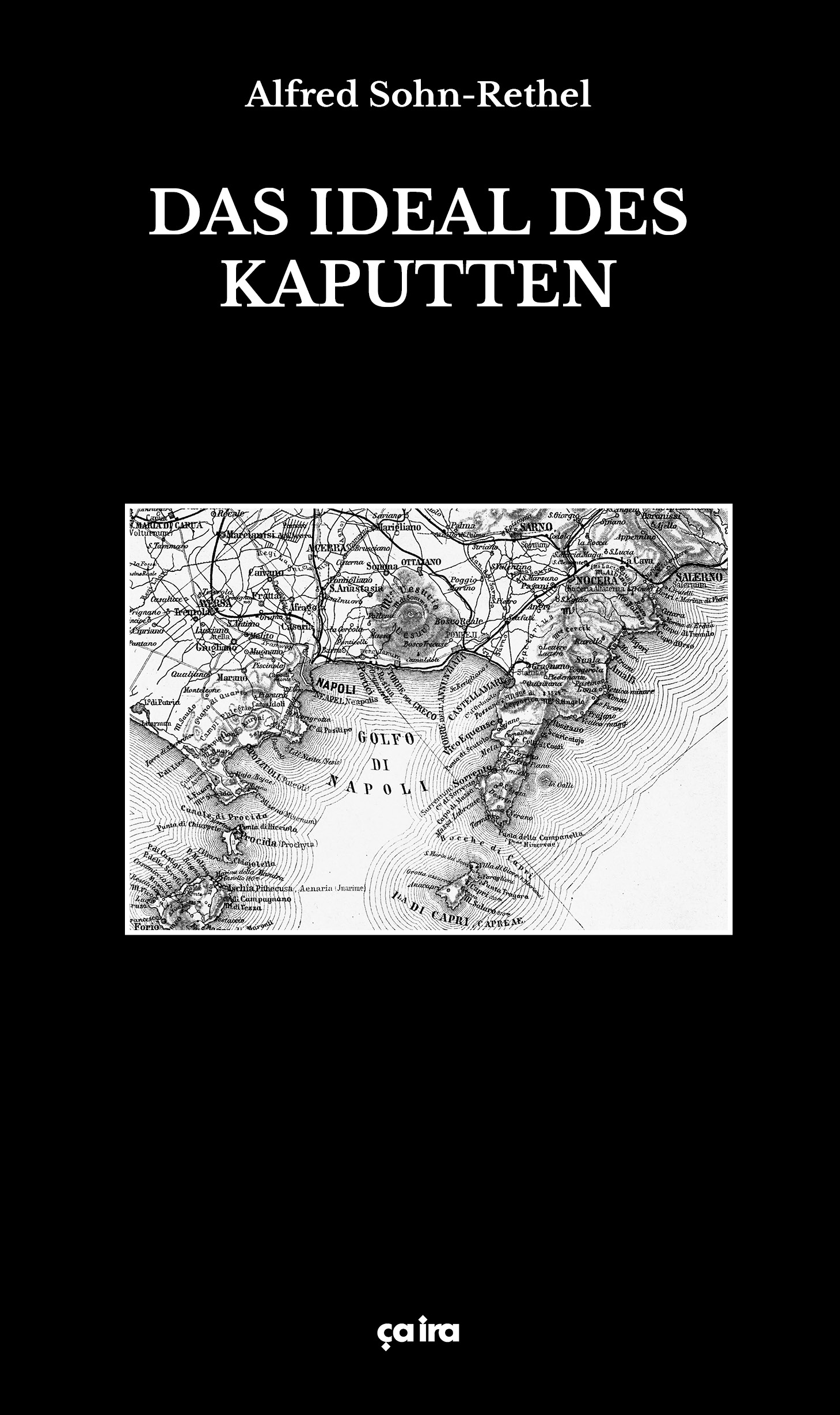
Decay as an ideal
Stories about Naples
Edited and with an epilogue by Carl Freytag
2018, ISBN 978-3-86259-144-2
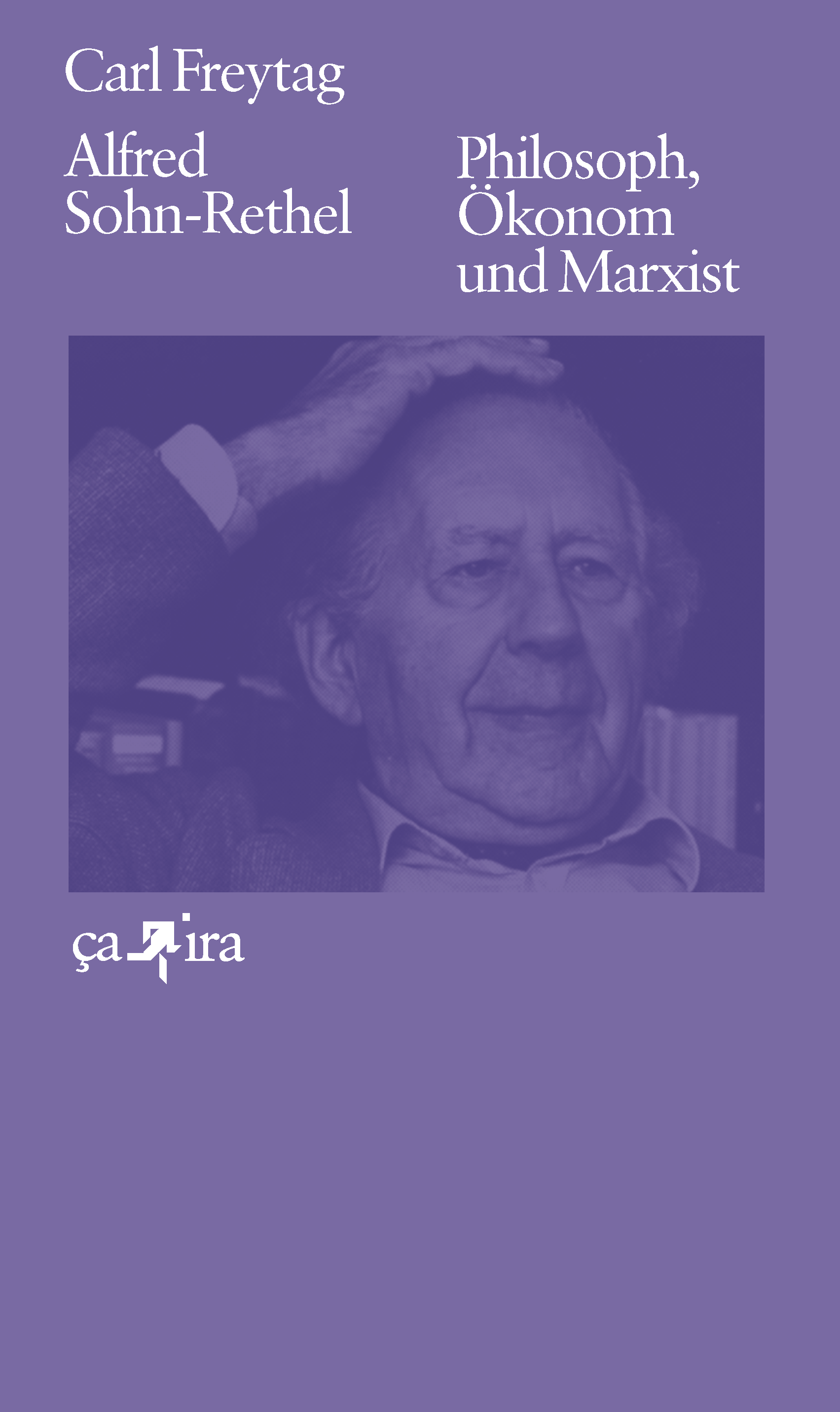
Alfred Sohn-Rethel
Philosopher, Economist, Marxist
By Carl Freytag
In preparation, ISBN 978-3-86259-130-5
This volume, which includes an essay by Carl Freytag as an explanatory epilogue, contains five stories by Alfred Sohn-Rethel that are based on man’s confrontation with nature: in the form of not fully domesticated animals (a donkey, two rats, an elephant), the elemental force of Vesuv and the gentle but unstoppable decay of commodities.
Rights sold to: French (Éditions la Tempête), Russian (Hylaea Books), Italian (Luiss University Press)
The biography is based on numerous previously unpublished sources and conversations with Alfred Sohn-Rethel. It traces Alfred Sohn-Rethel’s life and work and provides an overview of the reception and criticism of his writings. Carl Freytag, the author of Sohn-Rethel’s first biography, is co-editor of his writings and editor of his stories.

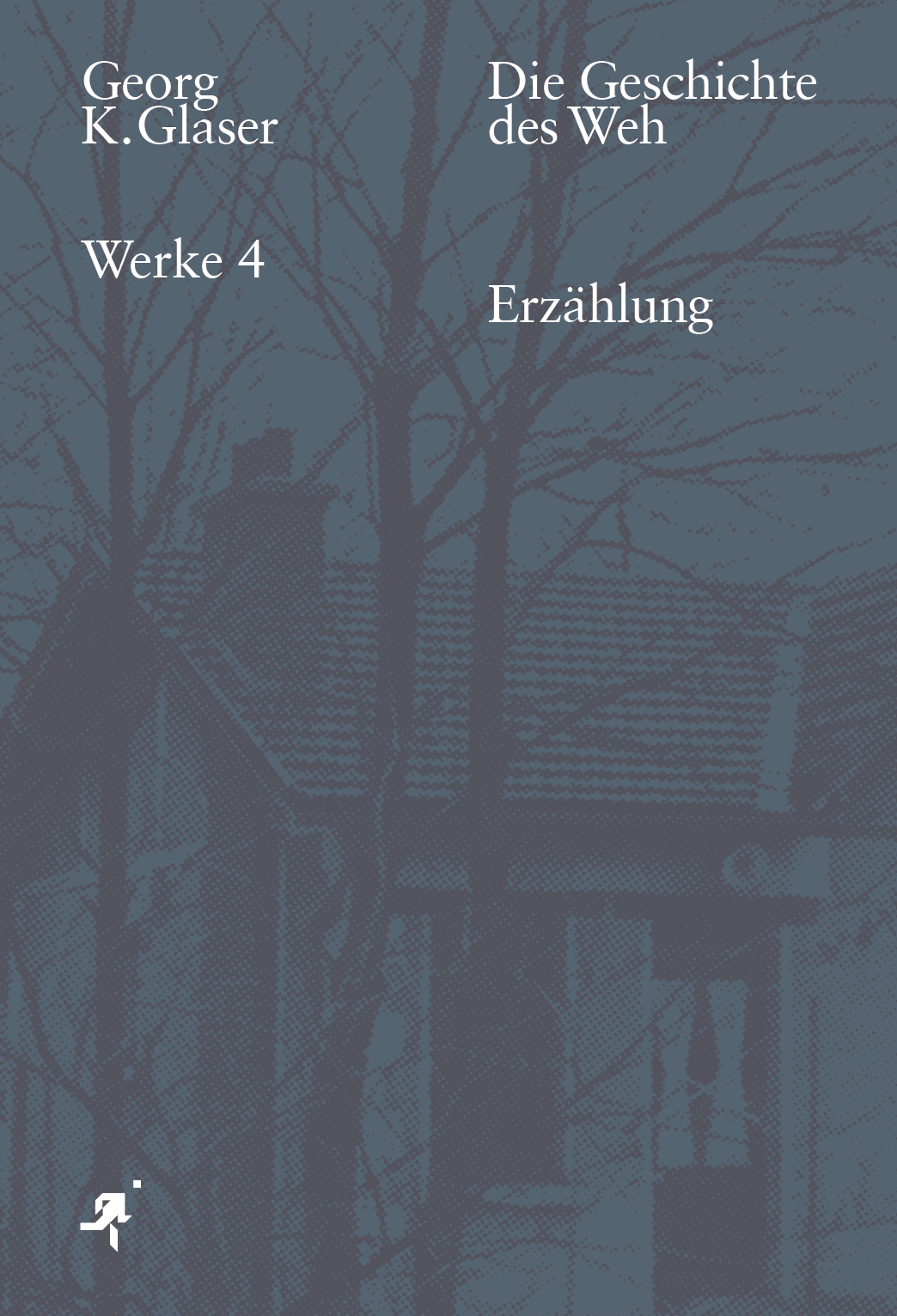
![2020_1_13_Heinrich der staub und das denken [alt] 2020_1_13_Heinrich der staub und das denken [alt]](https://usercontent.one/wp/www.ca-ira.net/wp-content/uploads/2020/01/2020_1_13_Heinrich-der-staub-und-das-denken-alt.png?media=1695306546)
